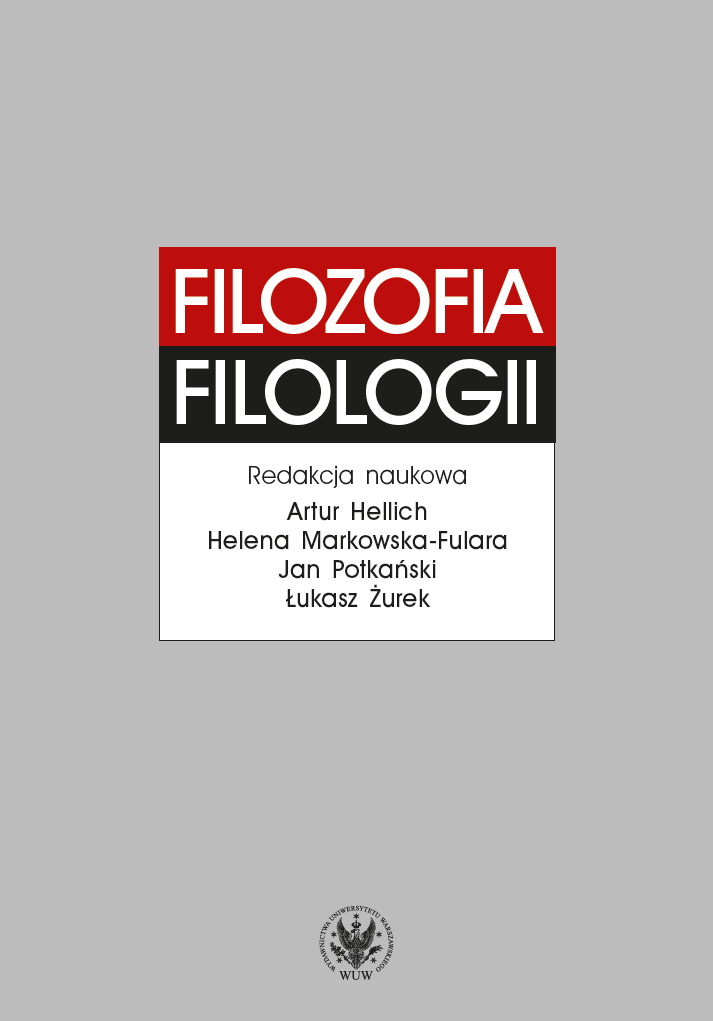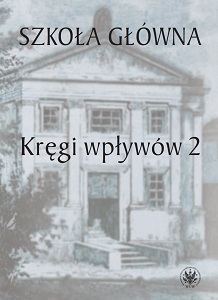
Wprowadzenie
The autors of the articles look for the answers to the questions of “What is philology? What it used to be or could be?”, “Who is a philologist and what do they do?”, “How does a philologist justify and legitimise what they do?” from various complementary perspectives: the history of the discipline and its modern developments, classic texts of philosophy and the most recent literary studies practices, a personal love for words and a sense of responsibility for the shared world. These considerations are as much meta-scientific as they are identity-based, arising from the need to answer the question about the role of the contemporary scholar of the humanities.
More...
